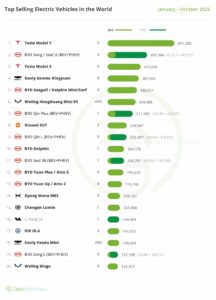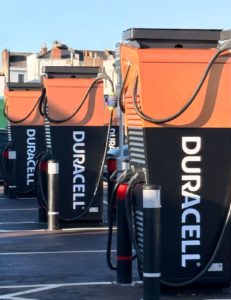According to the report, the growth in charging infrastructure for light-duty vehicles (LDVs) and medium- and heavy-duty vehicles (MHDVs) will generate the most substantial job opportunities, with more than 78,000 positions in electrical installation and maintenance alone. This accounts for nearly half of the total projected jobs, emphasising the critical need for skilled electricians capable of safely and accurately installing and maintaining EV chargers.
The analysis reveals that the buildout of electric LDV infrastructure will be the largest job creator, responsible for 90% of the new roles, while electric MHDV infrastructure development will contribute to the remaining 10%. The report also underscores the importance of scaling both public and home charging options to meet the demands of an increasingly electric-powered fleet, estimating the need for nearly 4.1 million workplace and public chargers by 2032.
The ICCT’s findings suggest a potential for even greater job growth if the share of domestically produced chargers increases. Current estimates indicate that by 2032, the final assembly of 33% of Level 2 chargers and 100% of DC fast chargers could occur within the U.S., potentially creating over 13,000 jobs in charger assembly alone.
Furthermore, the report advocates for government policies and industry partnerships that foster a high-road EV charging industry, characterised by quality, innovation, and good wages, to attract a skilled workforce. It calls for targeted hiring practices and investments in training, particularly for workers from marginalised communities, to ensure broad access to the burgeoning career opportunities in the EV sector.
This study not only highlights the environmental benefits of transitioning to electric vehicles but also showcases the economic and social advantages of investing in the necessary infrastructure. With the right policies and industry commitment, the U.S. can not only meet its goals for EV adoption but also stimulate significant job creation and economic growth in the process.
Source: Charging up America | The ICCT







